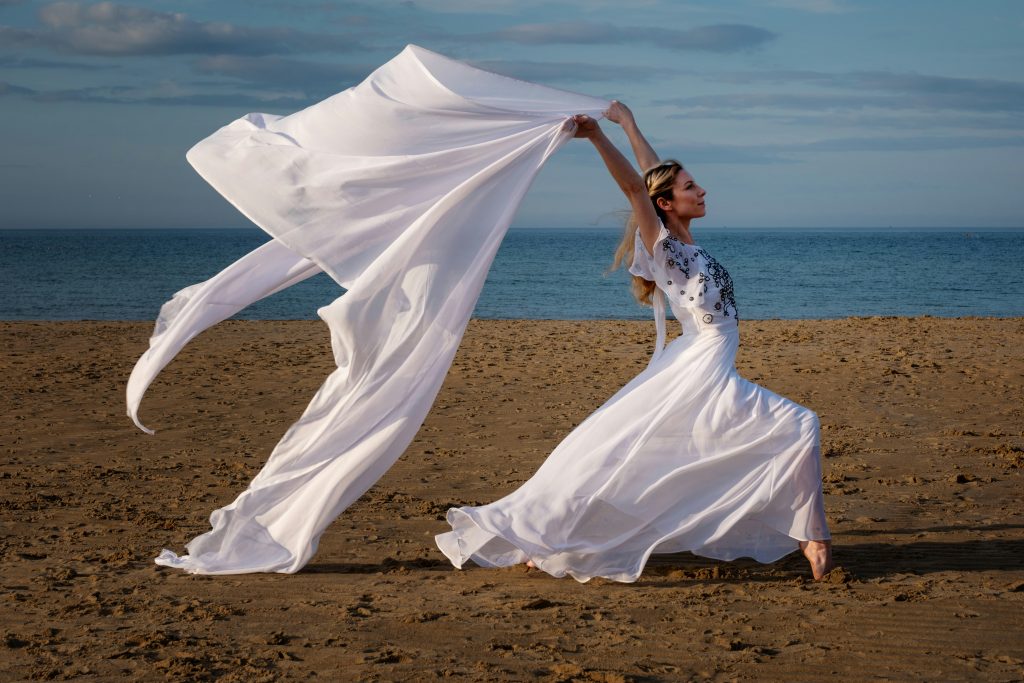
Breaking Dance Takes Center Stage in Olympic History
The world of sports is about to witness a groundbreaking moment as breaking dance, often referred to as breakdancing, makes its Olympic debut at the 2024 Paris Games. Set to kick off on August 9, this electrifying dance form promises to captivate audiences with its dynamic moves and vibrant culture. Breaking, which has roots tracing back to the streets of the 1970s and 1980s, has evolved from a sidewalk sensation to a globally recognized competitive sport.
Unlike traditional sports, breaking emphasizes creativity, style, and personal expression, making it a unique addition to the Olympic roster. This new inclusion marks a significant milestone for the dance community, which has long fought for recognition and acceptance in mainstream sports. The Olympic stage offers breakdancers—also called B-boys and B-girls—the opportunity to showcase their skills on an international platform, highlighting the athleticism and artistry involved in their craft.
As the countdown to the Olympics begins, anticipation builds around how breaking will be judged. Competitors will be evaluated based on their technical abilities, creativity, and overall performance. Judges will look for a combination of originality, execution, and the ability to engage the crowd, making every battle a spectacle of talent and flair. The format promises to be exciting, with competitors going head-to-head in dance-offs that will keep audiences on the edge of their seats.
Breaking’s journey to the Olympics is not just about competition; it represents a cultural shift and a celebration of urban artistry. The sport embodies a lifestyle and community that transcends borders, bringing together diverse backgrounds and stories through movement. As the global breaking community gears up for the Games, the emphasis is not solely on winning medals but also on fostering connections and celebrating the culture that has shaped this dance form.
The inclusion of breaking in the Olympics demonstrates the evolving nature of the Games, which continues to adapt to contemporary culture and interests. The International Olympic Committee’s decision to embrace such a vibrant and youthful sport reflects a broader trend towards inclusivity and diversity in athletic representation. As various sports vie for permanent inclusion in future Olympic events, breaking stands out as a symbol of creativity and expression in a world often dominated by conventional athleticism.
While breaking will shine in Paris, it’s worth noting that it will not feature in the 2028 Los Angeles Olympics, sparking discussions about the future of this art form in competitive sports. This temporary absence raises questions about the sustainability of breaking’s Olympic presence, but for now, all eyes are set on Paris.
As we approach the Olympic Games, the excitement surrounding breaking continues to grow. Fans and newcomers alike are encouraged to follow the events through various streaming platforms, ensuring that no one misses the chance to witness history in the making. With the world’s best breakdancers ready to battle it out, the stage is set for an unforgettable showcase of talent, energy, and passion.
In conclusion, the Olympic debut of breaking is not just an event; it’s a celebration of a culture that has long been overlooked. As dancers prepare to flip, spin, and groove their way into Olympic history, this dance form is poised to inspire a new generation of athletes and artists, proving that the spirit of the Olympics is as much about creativity and expression as it is about competition.
Tags: Breaking, Breaking Olympics, Competition, Culture, Dance, Olympics

相關頭條